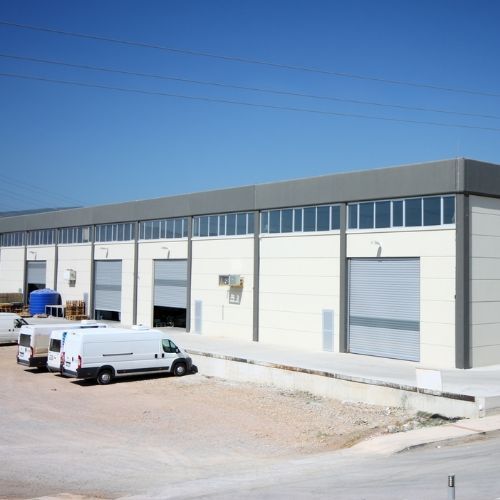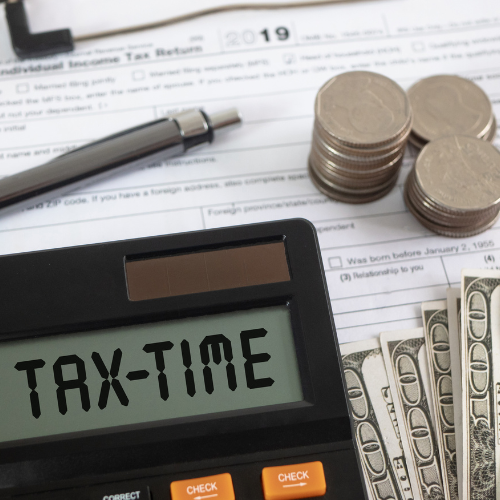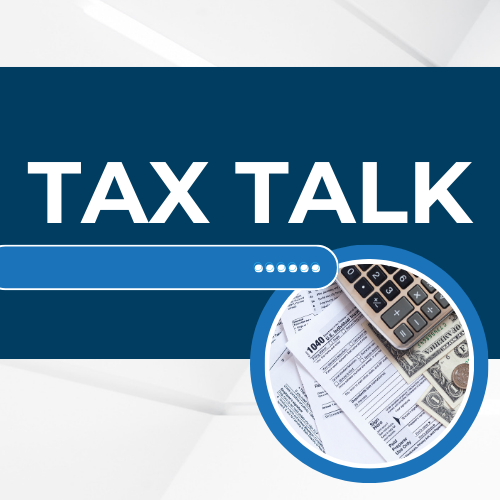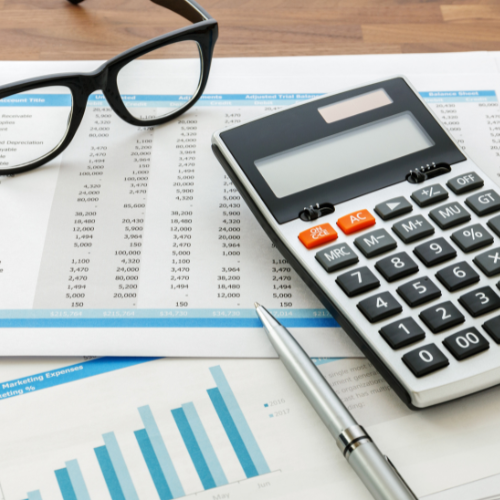Depreciation Demystified: Understanding Depreciation
A Guide to Understanding Depreciation Expense for Small Businesses

For small businesses, managing finances efficiently is crucial to long-term success. One financial aspect that deserves attention is depreciation expense. While it may seem complex, understanding depreciation is essential for accurate financial reporting and optimizing tax liabilities.
What is Depreciation?
Depreciation is an accounting method used to allocate the cost of a tangible asset over its useful life. In simpler terms, it reflects the gradual wear and tear, obsolescence, or decline in value of assets like machinery, equipment, vehicles, and property.
Why Does Depreciation Matter for Small Businesses?
- Accurate Financial Reporting: Depreciation allows businesses to spread the cost of an asset over its useful life. This aligns with the matching principle in accounting, ensuring that expenses are recognized in the same period as the revenue generated by the asset. Accurate financial reporting is crucial for making informed business decisions.
- Tax Deductions: Small businesses can leverage depreciation to reduce their taxable income. The IRS allows businesses to deduct a portion of the asset's cost each year as a depreciation expense. This tax deduction can provide significant savings, allowing businesses to retain more of their earnings.
- Capital Expenditure Planning: Understanding the depreciation of assets aids in planning for future capital expenditures. It helps businesses anticipate when assets may need replacement or upgrades, allowing for budgeting and strategic decision-making.
Methods of Depreciation:
- Straight-Line Depreciation: This method evenly distributes the cost of the asset over its useful life. It's straightforward and often used for assets with a consistent decline in value.
- Double-Declining Balance Method: This accelerated depreciation method front-loads more of the depreciation expense in the early years of the asset's life. It's suitable for assets that depreciate more rapidly initially.
- Units of Production Method: This method ties depreciation to the actual usage of the asset. Businesses calculate depreciation based on the number of units produced or the hours of usage.
Practical Considerations for Small Businesses:
- Document Asset Details: Keep detailed records of each asset, including its cost, useful life, and salvage value. This information is crucial for accurately calculating depreciation.
- Stay Compliant with IRS Regulations: Familiarize yourself with IRS guidelines regarding depreciation. Understanding the rules ensures that your business complies with tax regulations and maximizes available deductions.
- Review Depreciation Regularly: As your business evolves, periodically review and adjust depreciation schedules. Changes in asset usage, market conditions, or business strategy may warrant updates to depreciation calculations.
- Utilize Section 179 Deduction: Section 179 of the tax code allows small businesses to deduct the full cost of qualifying assets in the year of purchase, rather than depreciating them over time. Explore this option to maximize immediate tax benefits.
Depreciation is not just an accounting nuance; it's a strategic financial tool for small businesses. By understanding and effectively managing depreciation, businesses can enhance financial reporting accuracy, optimize tax liabilities, and make informed decisions about their capital assets. As you navigate the complexities of depreciation, consider consulting with financial experts to tailor your approach to the unique needs and goals of your small business.















